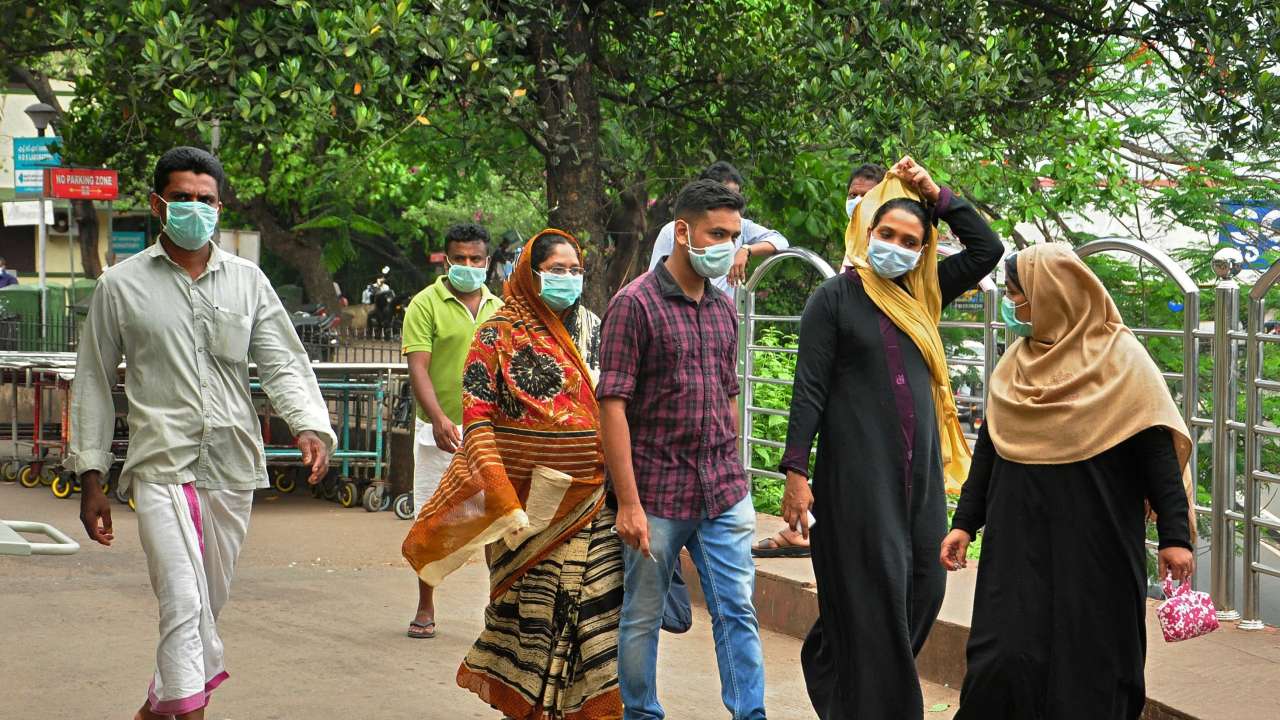BENGALURU: Days after a 23-year-old student was diagnosed with the potentially deadly Nipah virus in Kerala, the Karnataka government has sounded alert in eight districts, including those on the borders of the neighbouring state.
The condition of the college student, diagnosed with Nipah infection, is stable, hospital authorities said.
A total of 314 persons who were in touch with the infected person have been kept under observation, officials said.
Following the Nipah outbreak report, the Health Department in Karnataka issued a circular asking administration in Chamarajanagar, Mysuru, Kodagu, Dakshina Kannada, Uttara Kannada, Udupi, Shivamogga and Chikkamagaluru districts to immediately convene inter-departmental coordination committee meetings, including veterinary department, Indian Medical Association and Indian Academy of Pediatrics.
Authorities in these eight districts have been directed to identify two isolation beds to quarantine suspected human cases.
They have been asked to keep all the logistics available at all levels, read the circular.
The department has also asked district authorities to direct government and private hospitals to keep an eye on suspected cases.
Once a patient shows symptoms of Nipah, the hospitals have to monitor acute encephalitis syndrome, check all vital parameters and take travel history of patients.
The district hospitals should have an ICU with ventilator facilities and capacity to receive emergency cases, it read.
The department asked the districts to furnish daily outbreak report regarding Nipah virus.
It also directed authorities to sensitise health assistants and ASHA workers.
According to the World Health Organisation (WHO), Nipah virus is a newly emerging disease that can be transmitted from its reservoir (natural wildlife host), flying foxes (fruit bats), to both animals and humans.
Symptoms range from asymptomatic infection, acute respiratory infection and encephalitis.
Infected people initially develop influenza-like symptoms of fever, headache, vomiting and sore throat.
This can be followed by dizziness, drowsiness, altered consciousness, and neurological signs that indicate acute encephalitis. PTI







